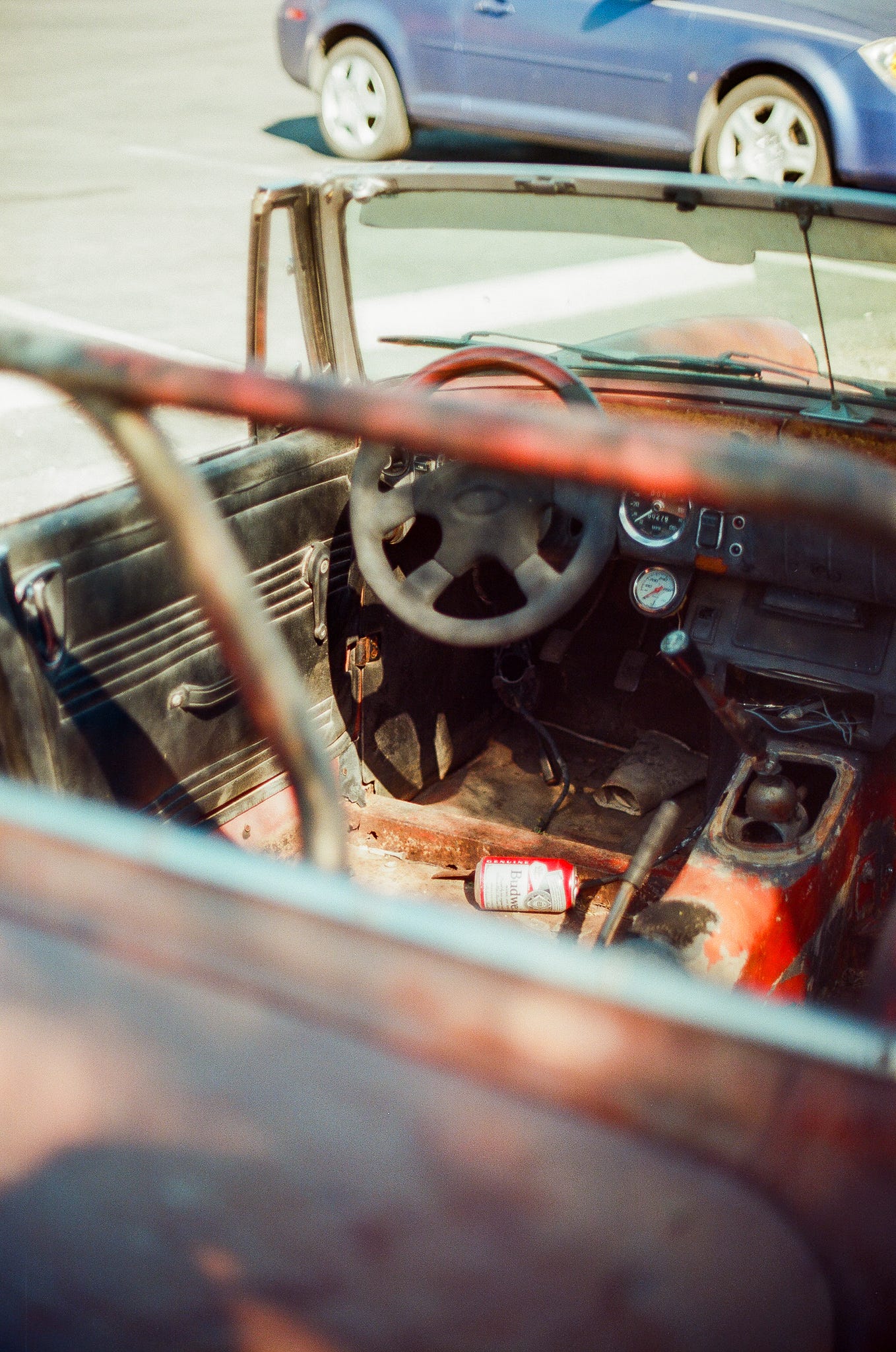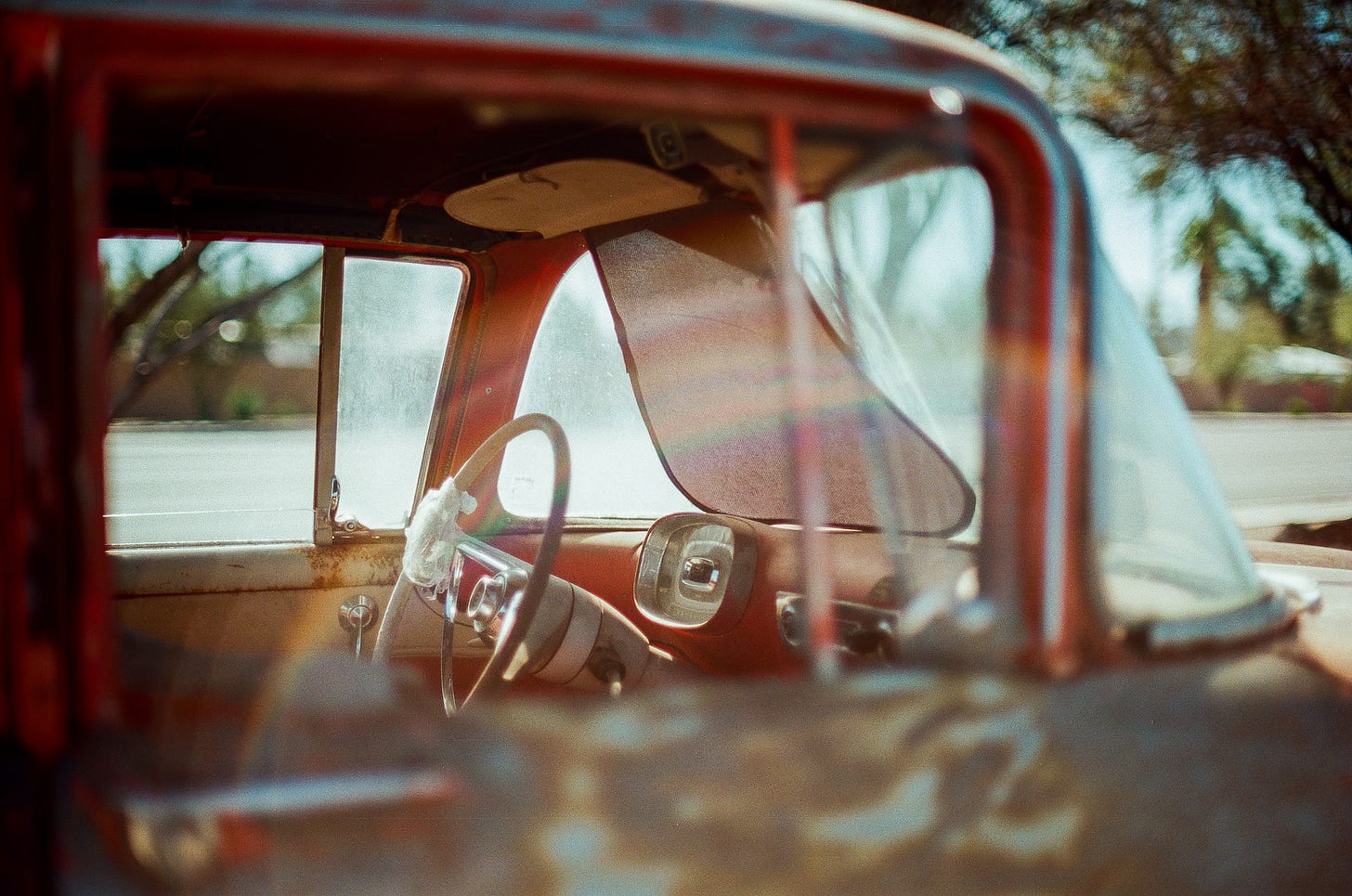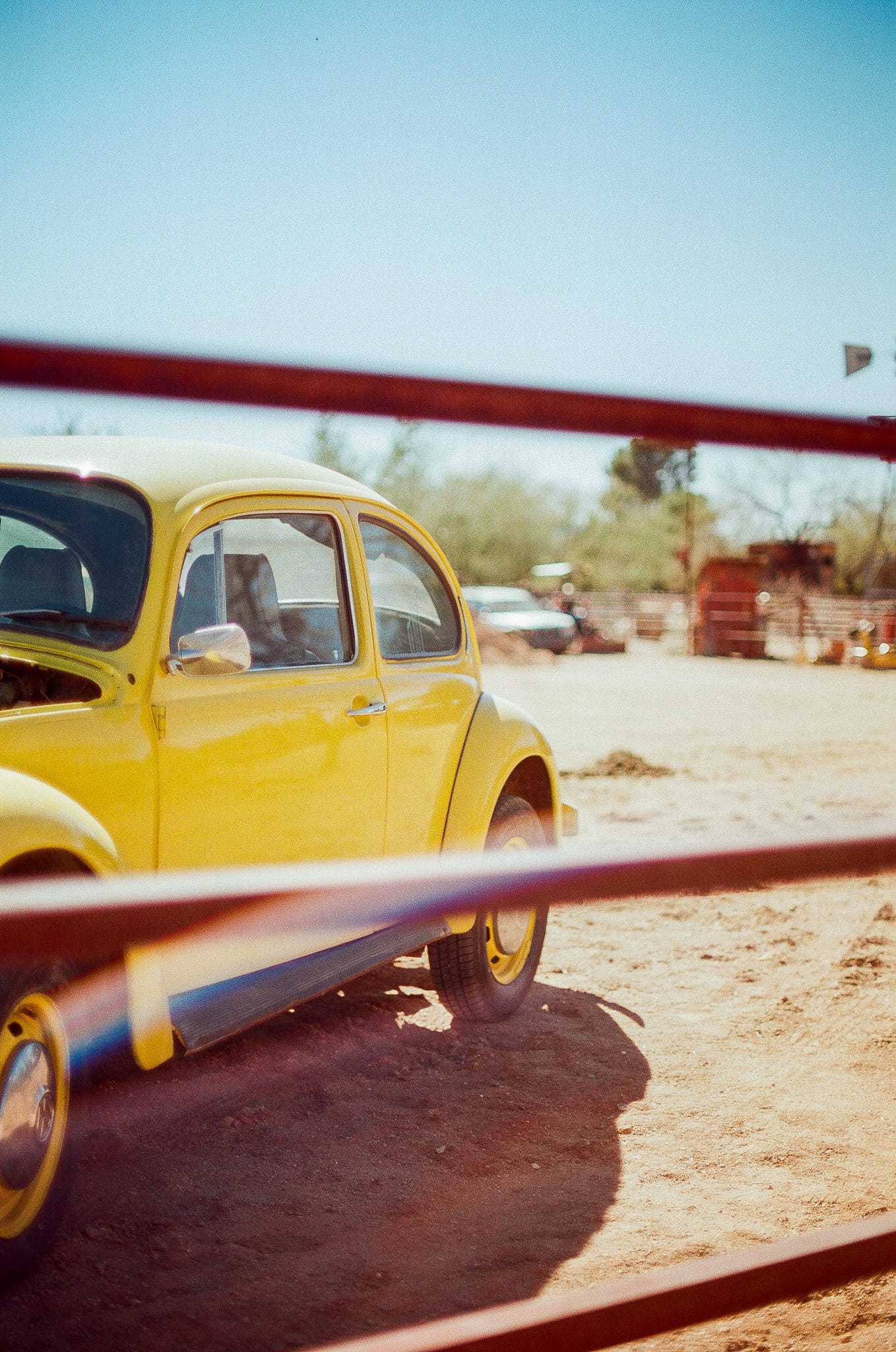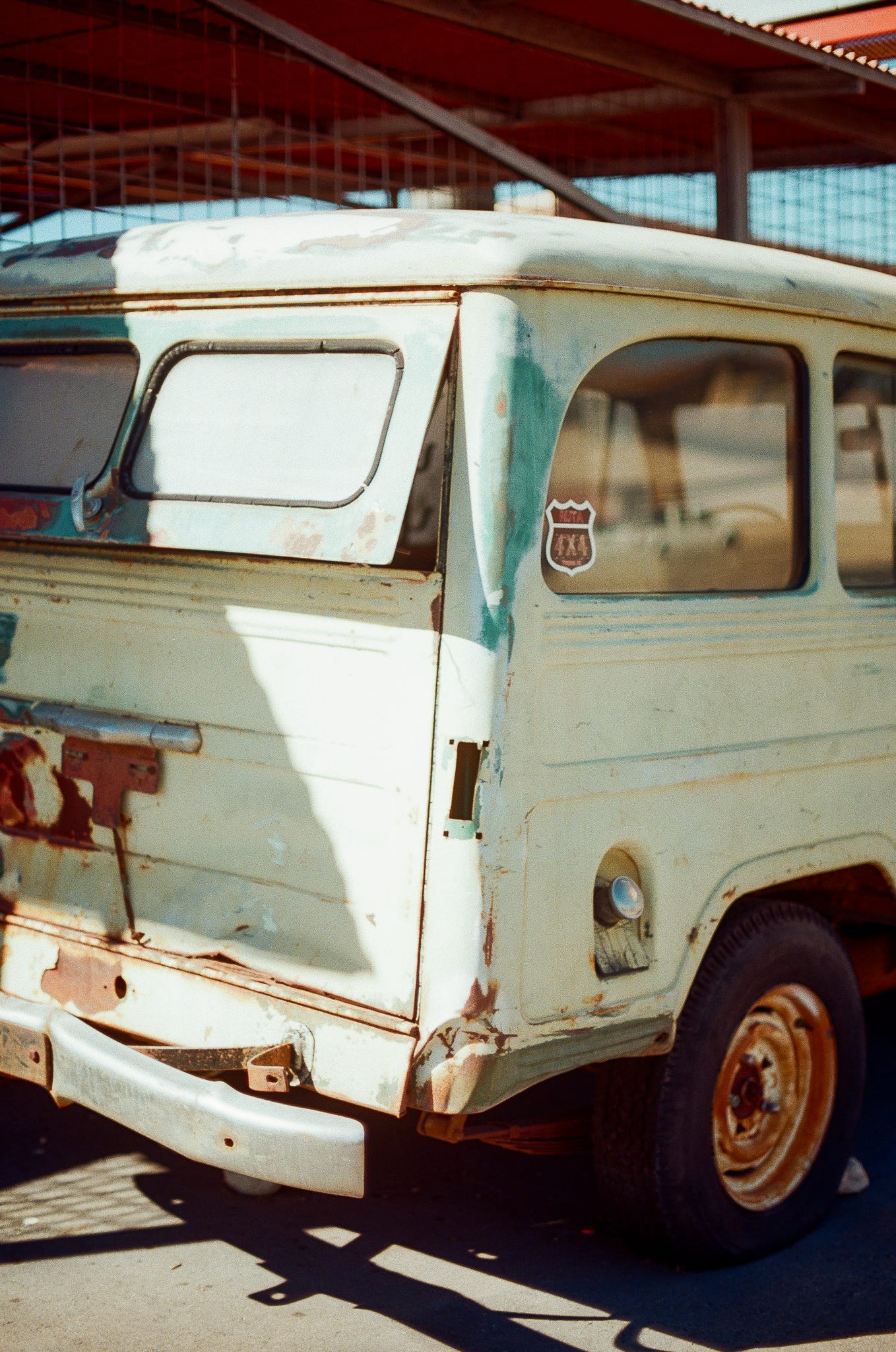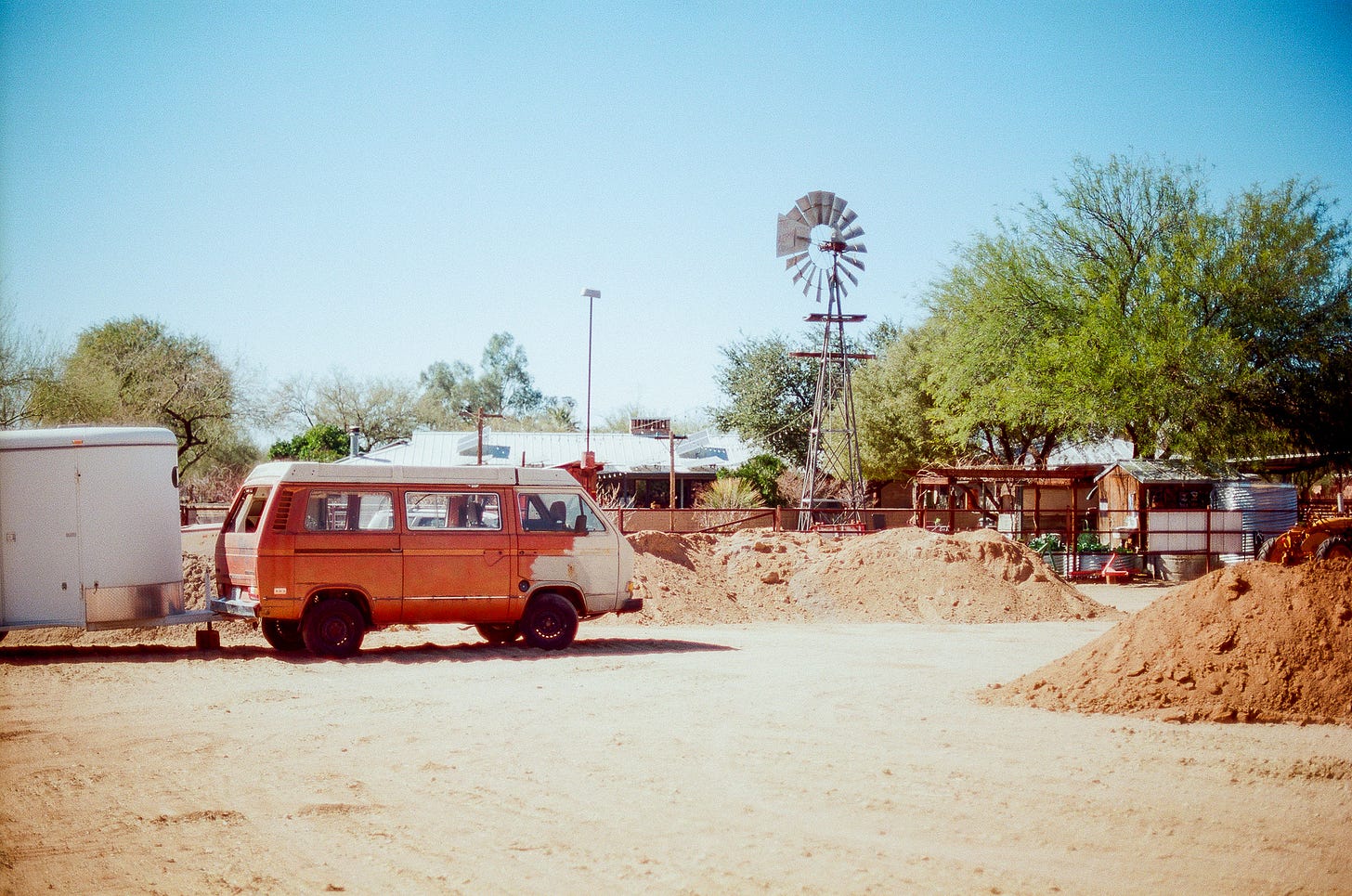A Lent Within A Lent
William Willimon opens his book, Peculiar Speech with a reflection on freedom and thirst:
In Egypt we thought our problem was our need for liberation. But once liberated, free, we were thirsty; at least Pharaoh gave us water and three square meals a day. And we murmured against Moses, asking, “Why did you bring us out of Egypt, to kill us and our children…. with thirst?” (Exodus 17:3). Slavery began to look good. Most of the really stupid things we have done in our history are attributed to our seemingly unquenchable thirst. . . We thought that our problem was our need for freedom, for liberation. No. Our problem is thirst. Our controversy is over approbate ways to quench thirst.
Many of us are currently attending to the season of Lent. Lent is a time when we intentionally put ourselves in the way of wilderness experiences in order to feel our need, our thirst, for Christ and be ready for resurrection Sunday. The other day I had a conversation with a friend within our church community who asked, Is it okay if I don’t participate in Lent this year? It feels like we’ve been practicing Lent for 12 months now. I resonate with that weariness, don’t you? This past year has been a wilderness experience that we didn’t plan or put into our church calendars. We’ve just been afflicted with it. We are in a Lent within a Lent. A double wound.
Nevertheless, I am practicing Lent, despite my friend’s reasonable objections, for one reason: The past year of wilderness wanderings have exposed to me, personally, where I have thirst problems. My murmuring and grumblings and my attempts at escape have showed me where I thirst. Consider, for a moment, a scene from Israel’s stay at Sinai. Moses had been gone a long time on top of the mountain to receive instruction on how they were to live as a new people (Ex. 24–31). There was a lot to communicate to a people who are called to live free when they’ve known only slavery. Moses climbed the mountain and left the people to their restlessness and desert boredom, wherein they asked, what are we supposed to do?
What happened next didn’t result from a charlatan entering the camp, selling and promoting foreign gods, diverting the trust of the people from the Lord. They were just bored. They wanted something—anything—to happen.
It’s in such boredom that we reach for our idols. Something to get things going again. “Make us gods, Aaron!” And they put together an ad hoc god—a golden calf (Ex. 32). Sure, that god might not have been beautiful or majestic, but it was a god on their terms. I can imagine them thinking: “The God of Moses seems to do things at His own pace and on His own terms. We need a god to work for us.” It didn’t matter to them that the god they made seemed to be jury-rigged with pieces here and there. We can put up with a lot of dissatisfaction with our idols as long as they are our gods doing our will.1
This past year hasn’t just been a long season of boredom for some of us, but monotony, loneliness, grief, loss, confusion, and pain. In these wilderness moments we thirst. We thirst for healing, for satisfaction, for escape, for anything. And so I read Willimon’s words, “We thought that our problem was our need for freedom, for liberation. No. Our problem is thirst.” This Lent is a focused time to resist the line of thinking that says, “If I can just get out of my circumstances, my spiritual life would really begin to take off.” That strategy won’t work. Especially if my circumstances are stubborn. I need Lent because it leads me to find new strategies and rhythms that will keep me on the path when my wilderness wanderings last longer than I had hoped.
This wilderness season has been exposing and what has been exposed I want to be rid of. So yes, it’s a Lent within a Lent, but maybe it’s also a grace upon grace.
A short note on prayer. When I’m too weary and tired to pray for renewal I’m grateful for the Psalms, which give me words to pray:
“Make us glad for as many days as you have afflicted us, and for as many years as we have seen evil.” Psalm 90:15
That’s a good psalm.
In Manhattan, you just don’t find decaying cars left for years on the side of the road or in a parking lot or just in the middle of nowhere like you do in the desert.
I wrote a longer reflection on boredom and idolatry in The Possibility of Prayer where I unpack more of this… just in case you’re interested.

